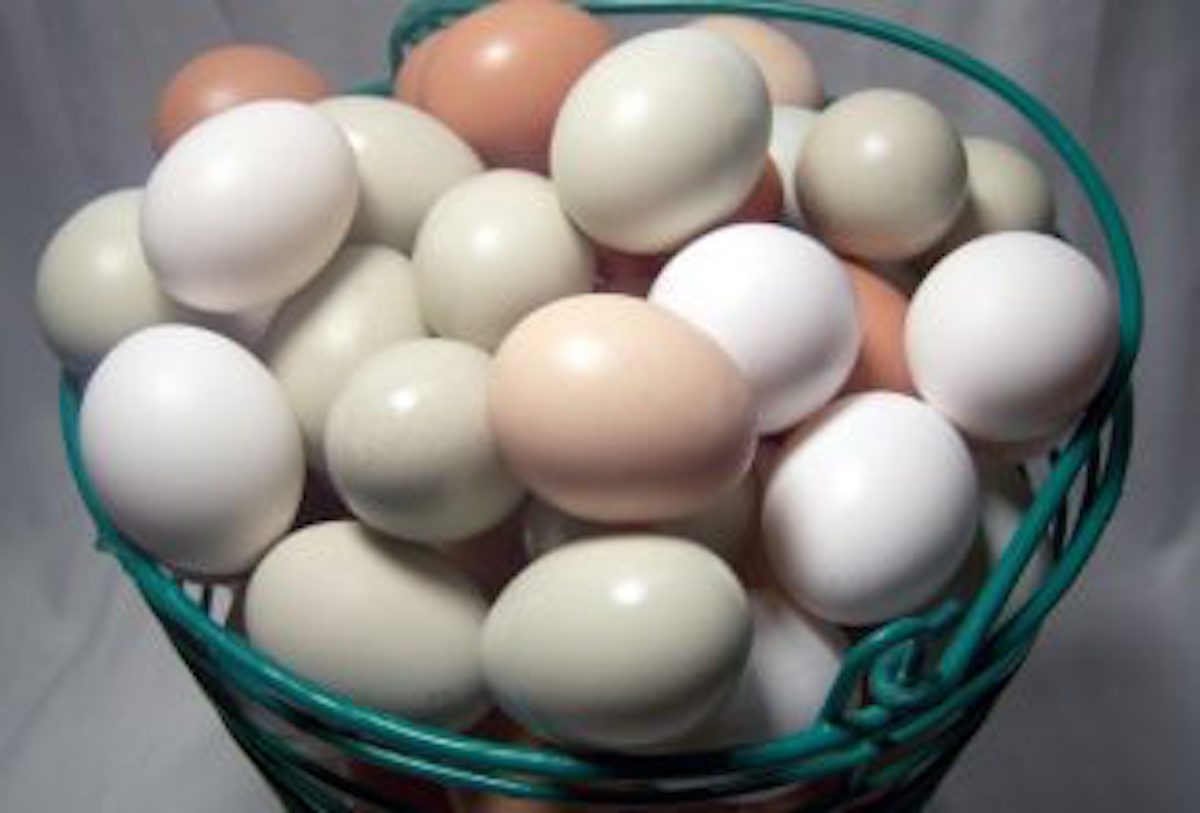Fresh eggs are a kitchen staple and can be used in a variety of recipes. To ensure they remain fresh for as long as possible, it’s crucial to store them correctly. The manner in which eggs are stored can greatly influence their shelf life and quality. Let’s dive into some effective methods to keep your eggs fresh and prevent spoilage.
1. Store in the Original Carton
When you buy eggs from the store, they come in a carton that is designed to protect the eggs from any strong odors and flavors. By keeping them in their original carton, you can also keep track of the expiration date. Always place the carton in the coldest part of your refrigerator, typically at the back.
2. Keep at a Consistent Temperature
Eggs need to be stored at a consistent cold temperature to maintain their freshness. Sudden temperature changes can reduce their shelf life. Ideally, eggs should be kept in a refrigerator at a temperature below 40°F (4°C).
3. Pointy End Down
An age-old trick to keep eggs fresher for longer is to store them with the pointy end down. This position keeps the yolk centered and helps maintain the quality of the egg.
4. Avoid Storing Near Strong-smelling Foods
Eggs have porous shells, which means they can easily absorb odors from surrounding items in the refrigerator. To prevent your eggs from tasting like onions or other potent foods, it’s best to keep them away from such items.
5. Water Glass Test
Not sure if your eggs are still good? The water glass test is an age-old method to check the freshness of an egg. Fill a glass with water and gently place the egg inside. If the egg sinks and stays at the bottom, it’s fresh. If it stands upright on the bottom, it’s still good but should be consumed soon. If it floats, it’s best to discard it.
6. Freeze for Long-term Storage
If you find yourself with more eggs than you can consume before they expire, consider freezing them. Crack the eggs into a bowl, beat them gently, and pour the mixture into ice cube trays. Once frozen, transfer the cubes to a freezer bag. This method is perfect for recipes that require eggs, and they can be stored for up to a year.
Eggs are a versatile and nutritious food source. With the right storage techniques, you can extend their freshness and prevent spoilage, ensuring you always have quality eggs on hand for your culinary endeavors. Always remember to check the freshness of your eggs before using them, and when in doubt, employ the water glass test. Proper storage not only ensures the longevity of the eggs but also helps in retaining their taste and nutritional value.
